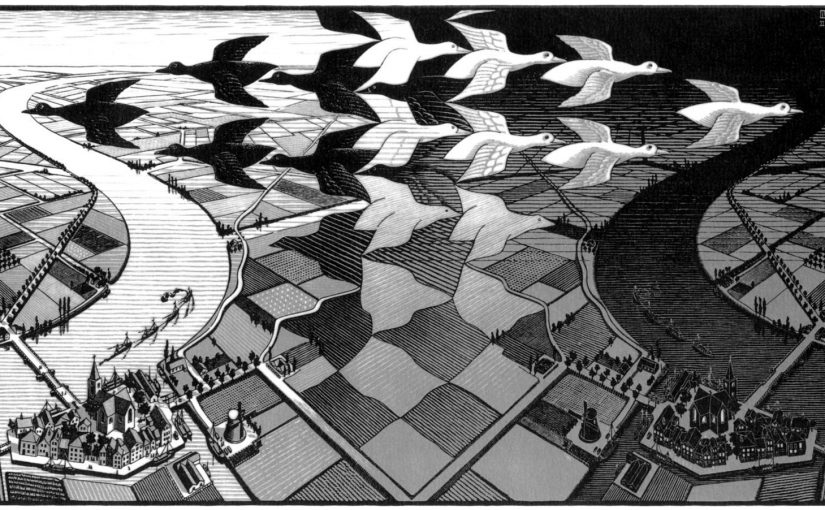The Queen of the Sciences Lab investigates mathematical thinking, learning, and development using a variety of methods including correlational studies of individual differences, experimental studies of math interventions, computational cognitive modeling, and textbook analysis. The aim of this research is to improve our understanding of cognitive processes involved in learning and doing math in order to identify better ways of teaching math.
Current areas of research include:
Reasoning in Math. This project aims to understand how logical reasoning contributes to problem solving in math and how logical reasoning in math differs (if at all) from logical reasoning in everyday contexts. We study participants’ spontaneous uses of logical reasoning while solving problems in probability, algebra, and geometry, and compare performance on logical reasoning tasks involving mathematical and non-mathematical content. Lauren Sprague is a researcher on this project.
Children’s Arithmetic. This project aims to create a unified theory of children’s arithmetic development, implemented as a computational cognitive model. The theory should account for how children learn and do arithmetic with different types of numbers (e.g., whole numbers, fractions, and decimals) and should explain how procedural and conceptual knowledge interact in this context. This work is funded by National Science Foundation Award #1844140 and is in collaboration with Robert Siegler at Teacher’s College, Columbia University.
Executive Function in Math. This project uses individual difference paradigms to investigate the roles of different executive functions—working memory, inhibition, and shifting—in math problem solving. The project is led by Qiushan Liu.
Explicit Instruction in Math. The goal of this project is to evaluate different approaches to explicit instruction in math, focusing specifically on fraction arithmetic. The project tests for interactions between two instructional factors: explaining procedures and interleaving practice. This project is in collaboration with Garret Hall in the FSU College of Education.
